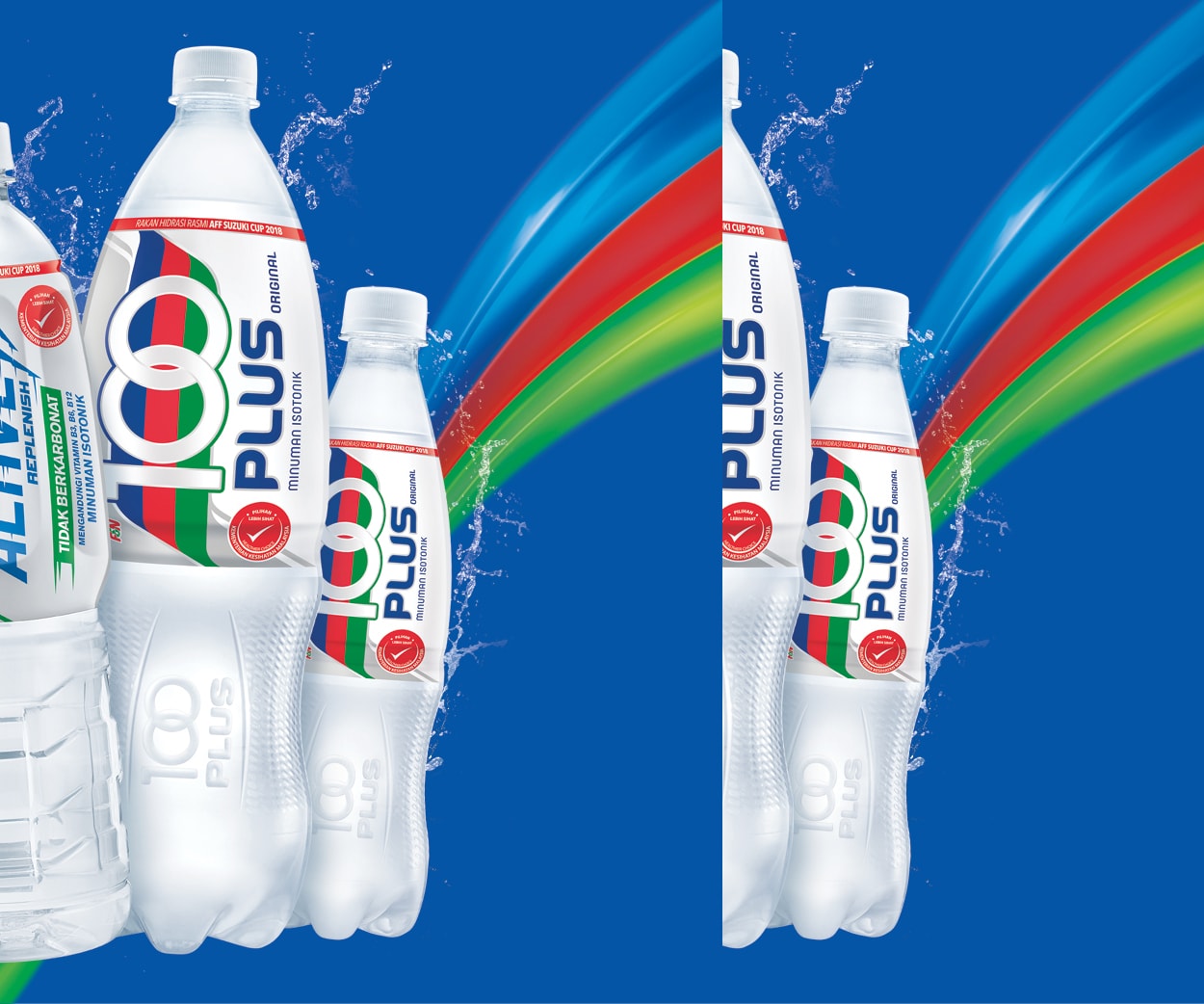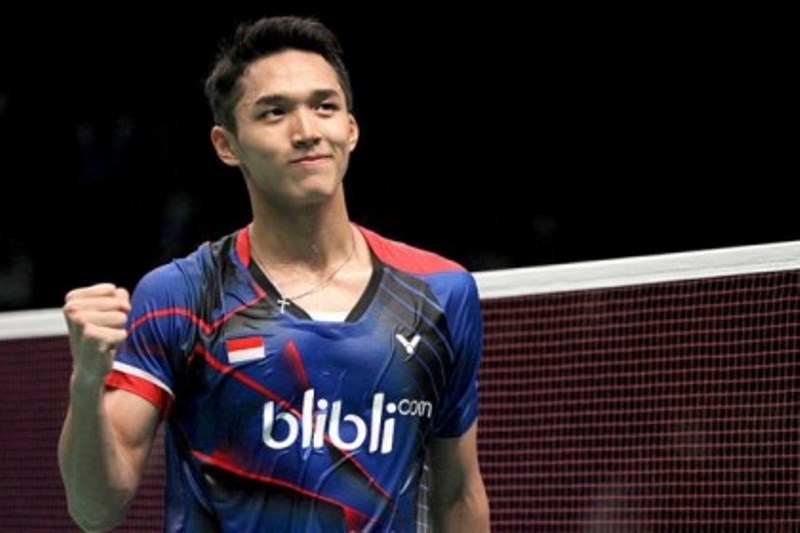Jamaica’s Roje Stona produced a surprise win for Jamaica in the men’s discus at the Paris 2024 Games on Wednesday (7 August), raising the Olympic record to 70.00m after Lithuania’s Mykolas Alekna had improved on the mark of 69.89m set by his father Virgilijus in 2004 with a second-round effort of 69.97m.
Meanwhile, a dramatic and fluctuating men’s 400m final saw Quincy Hall of the United States snatch victory from Britain’s world silver medallist Matthew Hudson-Smith after accelerating irresistibly over the final 30 metres in lane eight to win in a personal best of 43.40, moving him to fourth on the world all-time list.
Nina Kennedy of Australia, who shared the world pole vault title with USA’s Katie Moon last year, was a relentless winner on this occasion, while the fourth gold of the night went to Morocco’s Soufiane El Bakkali as he retained his 3000m steeplechase title.
Alekna, 21, who set a world record of 74.35m earlier this year, had to settle for silver here, with bronze going to Australia’s Matthew Denny on 69.31m, as Slovenia’s 2022 world champion Kristjan Ceh missed a medal by one place on 68.41m.
It was Jamaica’s first gold at these Games, and their first Olympic medal at this event.
The turn of events tonight created what is surely a unique Olympic record in that Stona and his coach have each now won athletics gold at these Games – his coach being Ryan Crouser, who secured a third consecutive shot put title on Saturday.
Kennedy never looked for a moment as if she wanted to share anything tonight in the pole vault as she drove relentlessly – and successfully – for the lioness’s share.
Having had had one earlier failure at 4.70m, she put herself into pole position with a first-time clearance of 4.85m, a height which the defending champion Moon and Canada’s 2018 Commonwealth champion Alysha Newman required two efforts to clear.A second failure at 4.85m prompted Switzerland’s Angelica Moser to try her luck – unsuccessfully – with one effort at 4.90m.
So then there were three. And with both of her rivals failing in their first attempts at 4.90m, Kennedy turned the screw on them again as she cleared it first time.
That was effectively that, with Newman taking three unsuccessful attempts at 4.90m and Moon passing before making two unsuccessful attempts at 4.95m, a height Kennedy tried once without success – and without needing to – before retiring as Olympic champion.
The 400m final offered glimpses of medals to a range of relatively evenly matched runners, with Hall’s late surge coming so late that Hudson-Smith, who seemed poised to take his first global title after seeing off the challenge of his next door runner, Grenada’s rejuvenated London 2012 champion Kirani James, had no chance to react.
The Briton lowered his European record to 43.44 in taking silver, and moved to fifth on the world all-time list. With James slipping back to fifth place, Zambia’s Muzala Samukonga won a battle with Jereem Richards of Trinidad and Tobago for bronze, setting a national record of 43.74.
El Bakkali became the first athlete since Volmari Iso-Hollo in 1932 to make a successful defence of the men’s 3000m steeplechase title, timing his final effort perfectly in a race where everything was decided in the final 200 metres.
Kenneth Rooks of the United States made an inspired break which was eventually covered by the Moroccan, who moved through to win in 8:06.55, but Rooks was rewarded for his utter determination by taking silver in a personal best of 8:06.41 despite being under huge pressure from Kenya’s Abraham Kibiwot, who took bronze in 8:06.47.
But as the celebrations broke out, there was grim activity on the back straight as medical officials urgently attended to Ethiopia’s world record-holder Lamecha Girma after a he suffered a hard fall from a barrier while contesting the leading positions.
Defending men’s 400m hurdles champion Karsten Warholm was fastest qualifier for Friday’s final in 47.67, but Rai Benjamin of the United States, silver medallist behind him when he set his world record of 45.94 at the Tokyo Olympics, looked ominously easy as he won his heat in the second-fastest time of 47.85.
Brazil’s 2022 world champion Alison Dos Santos also progressed, although as a fastest finisher after clocking 47.95 to place third in Warholm’s heat, where the second automatic place went to France’s Clement Ducos in 47.85.
Noah Lyles, with the first part of his four-stage Olympic plan completed now that he is 100m champion, is engaged in part two now over 200m, and qualified for tomorrow night’s final in steady rather than flamboyant style, clocking 20.08 in his heat behind Botswana’s 21-year-old Letsile Tebogo, who won in the fastest qualifying time of 19.96.
Kenny Bednarek, silver medallist in Tokyo, was second fastest qualifier in 20.00, while Erriyon Knighton of the United States and Alexander Ogando of the Dominican Republic both clocked 20.09.
Canada’s defending champion Andre De Grasse missed the cut by two places after clocking 20.41. Also bidding farewell was 2016 Olympic 400m champion Wayde Van Niekerk of South Africa, who clocked 20.72.
Grant Holloway, three times a world champion over 110m hurdles, continues to close in on the gap in his collection having been beaten to Olympic gold three years ago by Jamaica’s Hansle Parchment.
The 26-year-old was fastest qualifier for tomorrow’s final, the only man to go sub-13 as he clocked 12.98.
Parchment, running in the same opening heat, could only place third but moved through as one of the two fastest qualifiers as he equalled his season’s best of 13.19. His compatriot Orlando Bennett was second fastest qualifier in 13.09 ahead of USA’s Daniel Roberts (13.10).
Meanwhile Freddie Crittenden of the United States – who went through his opening heat in slow motion after feeling a muscle twinge and made good on his gamble by winning his repechage round – also reached the final, finishing second in his heat in 13.23.
Could Crittenden become the first repechage qualifier to win an Olympic medal? Come to that, could he be the first medallist to have registered a heat time of more than 18 seconds?
Portugal’s defending triple jump champion Pedro Pichardo laid down a big marker as he headed qualifying for Friday’s final. Pichardo, 31, proceeded with a first-round effort of 17.44m, which was 20cm more than European champion Jordan Diaz Fortun managed with his first jump.
Burkino Faso’s world champion Hugues Fabrice Zango also progressed with just one effort, in his case 17.16m, a distance that was matched by Salif Mane of the United States.
Bahrain’s 2019 world champion Salwa Eid Naser topped the women’s 400m semifinals, winning her heat in a season’s best of 49.08 from Ireland’s Rhasidat Adeleke (49.95).
The margin of victory established by the Dominican Republic’s world champion Marileidy Paulino was similar to that of Naser’s as she won her heat in 49.21 from Alexis Holmes of the United States (50.00).
Poland’s European champion Natalia Kaczmarek won the third semifinal in 49.45, 0.02 ahead of Britain’s Amber Anning, who was rewarded with a PB. Commonwealth champion Sada Williams progressed as a minor qualifier on 49.89.
Mike Rowbottom for World Athletics





































